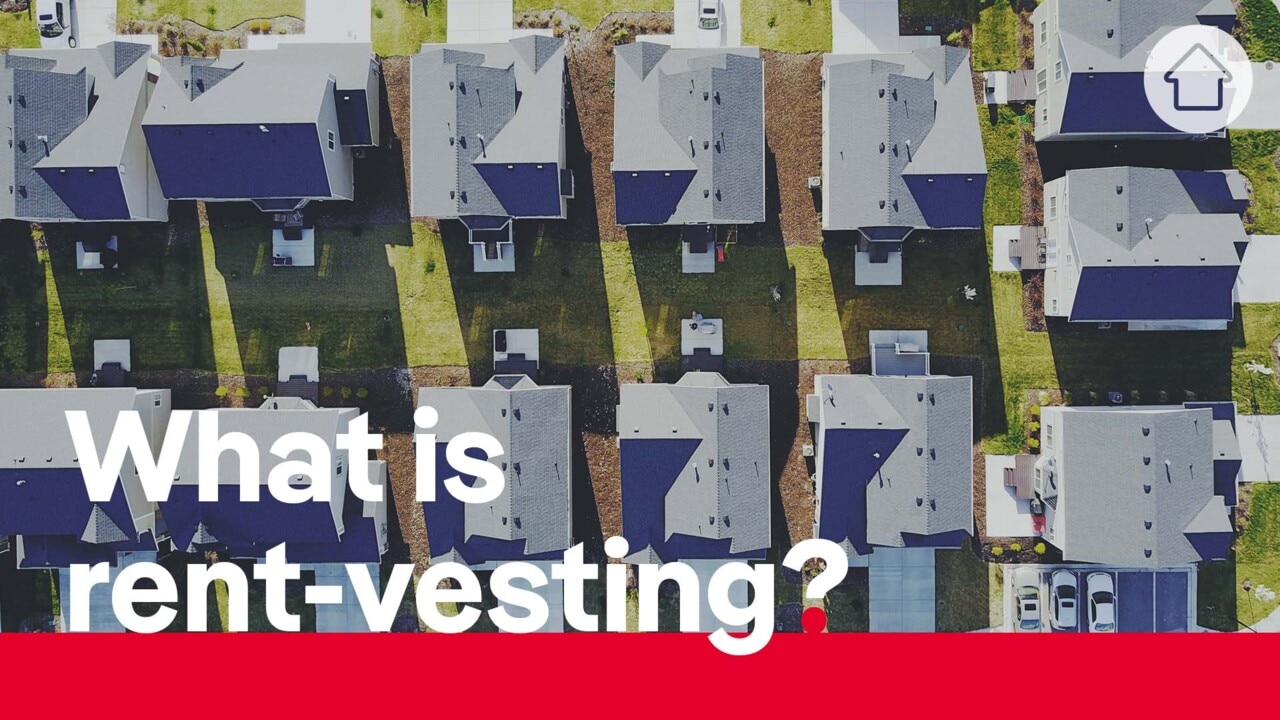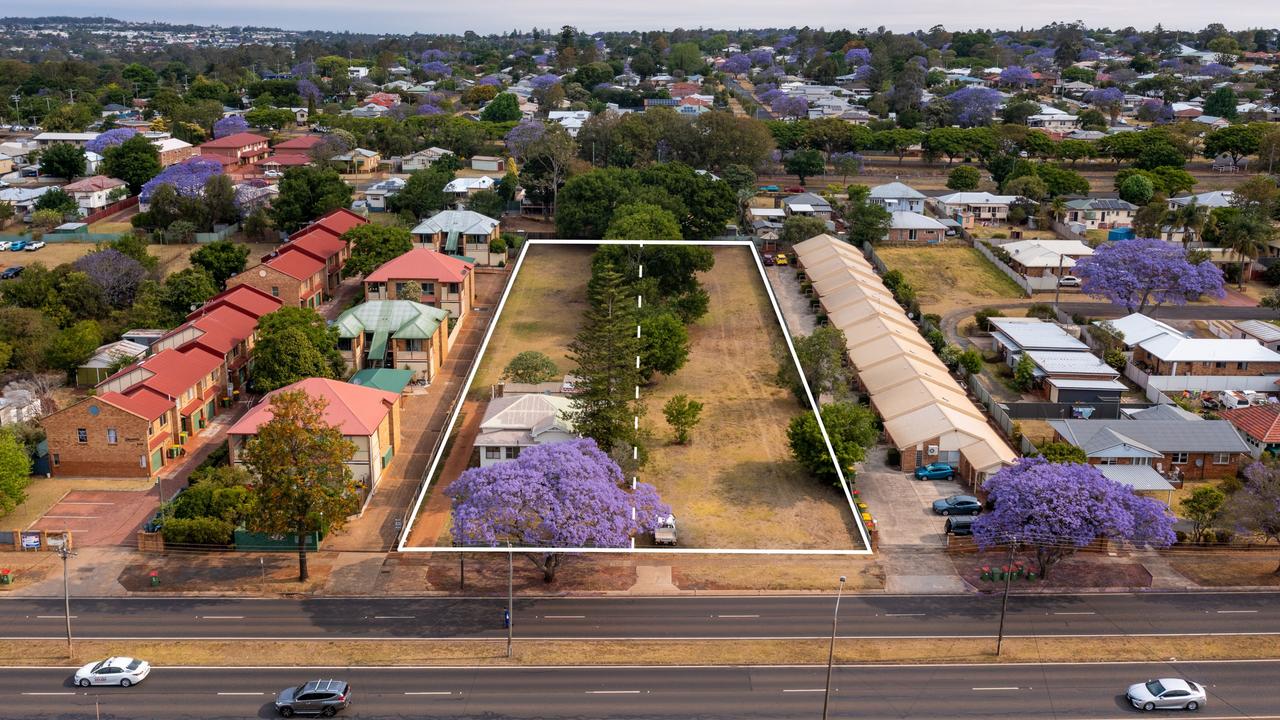Residential Tenancies Authority explains what landlords can and can’t do with rent increases
With rents rising and vacancies dwindling, the Residential Tenancies Authority has outlined what landlords can and can’t do when it comes to rent increases.

Real Estate
Don't miss out on the headlines from Real Estate. Followed categories will be added to My News.
Queensland is in the grips of a rental crisis, and with vacancies plummeting and rent creeping higher Toowoomba is no exception.
According to the latest REIQ Residential Vacancy Report for the December quarter, rental vacancies in the Garden City have declined just 0.4 per cent, a dramatic decrease from a decade ago when rental vacancies were at 2.4 per cent.
This comes as analysis by property researchers CoreLogic revealed rents across the Toowoomba region have risen at an annual pace of 8.3 per cent, adding more than $1800 to annual rental payments from tenants.
An spokeswoman for the Residential Tenancies Authority, Queensland’s peak rental statutory body, confirmed they received 21,163 complaint across the state for the 2020-21 financial year, including 1080 Covid-19 related disputes. A total of 51.5 per cent of the complaints received were related to bonds, while complaints on rent increases were included in the category of Other, which made up 11.8 per cent of complaints.
As pressure on tenants rises, the RTA has sought to clarify some of the frequently asked questions around what landlords can and can’t do when it comes to rent.

When can a rent increase be made on a rental property?
Under Queensland legislation, rent may only be increased if it has been at least six months since the last rent increase, or since the tenancy started.
Rent cannot be increased during a fixed term tenancy unless all of the following occurs:
• the agreement states the rent will be increased;
• the agreement states the new amount (or how it will be worked out);
• the property manager/owner gives the tenant at least two months’ notice in;
writing and;
• it has been at least six months since the tenancy started or since the last
increase.
The property manager/owner and tenant can agree to a rent increase at the end of a fixed term agreement by entering into a new agreement. However, it must be at least six months since the last rent increase.
Is there a set dollar limit/percentage that rent can be increased by?
The Residential Tenancies and Rooming Accommodation Act 2008 does not specify how much rent can be increased by. Tenants and property managers/owners can use the median rents quick finder to see the median rental price for their current type of accommodation in a particular postcode.
According to the RTA, for the October to December 2021 quarter, the median rent for three bedroom house in the 4350 postcode was $380 from 391 bonds lodged, an increase from the previous quarter where a median rent of $360 was recorded from 384 bonds lodged.
What should a tenant do if they feel the rent is too much?
If a tenant feels the rent increase is excessive, they should discuss this with the property manager/owner in the first instance. If the tenant still feels the increase is excessive, they can apply for free dispute resolution with the RTA once the new agreement is signed. They may also apply to the Queensland Civil and Administrative Tribunal for a decision. QCAT will consider the following when assessing the proposed rental increase:
• range of market rents usually charged for comparable properties
• difference between the proposed and current rent
• state of repair of the property
• term of the tenancy
• period since the last rent increase (if any)
• anything else QCAT considers relevant.
Do owners/real estate agents have any obligation to offer a lease renewal to
current tenants?
Under Queensland legislation, a property manager/owner does not have to offer a lease renewal to current tenants at the end of a fixed-term tenancy agreement.
If the property manager/owner does not offer to renew the tenancy, they must provide the tenants with a notice to leave at least two months prior to the end date of the current tenancy agreement.
The tenancy will end on either the end date of the agreement or the end date of the notice period, whichever is later. If the agreement is not renewed, and no notice is given to end the tenancy, it will continue as a periodic tenancy.
Parties can mutually agree to end an agreement early, but it must be agreed in writing.









